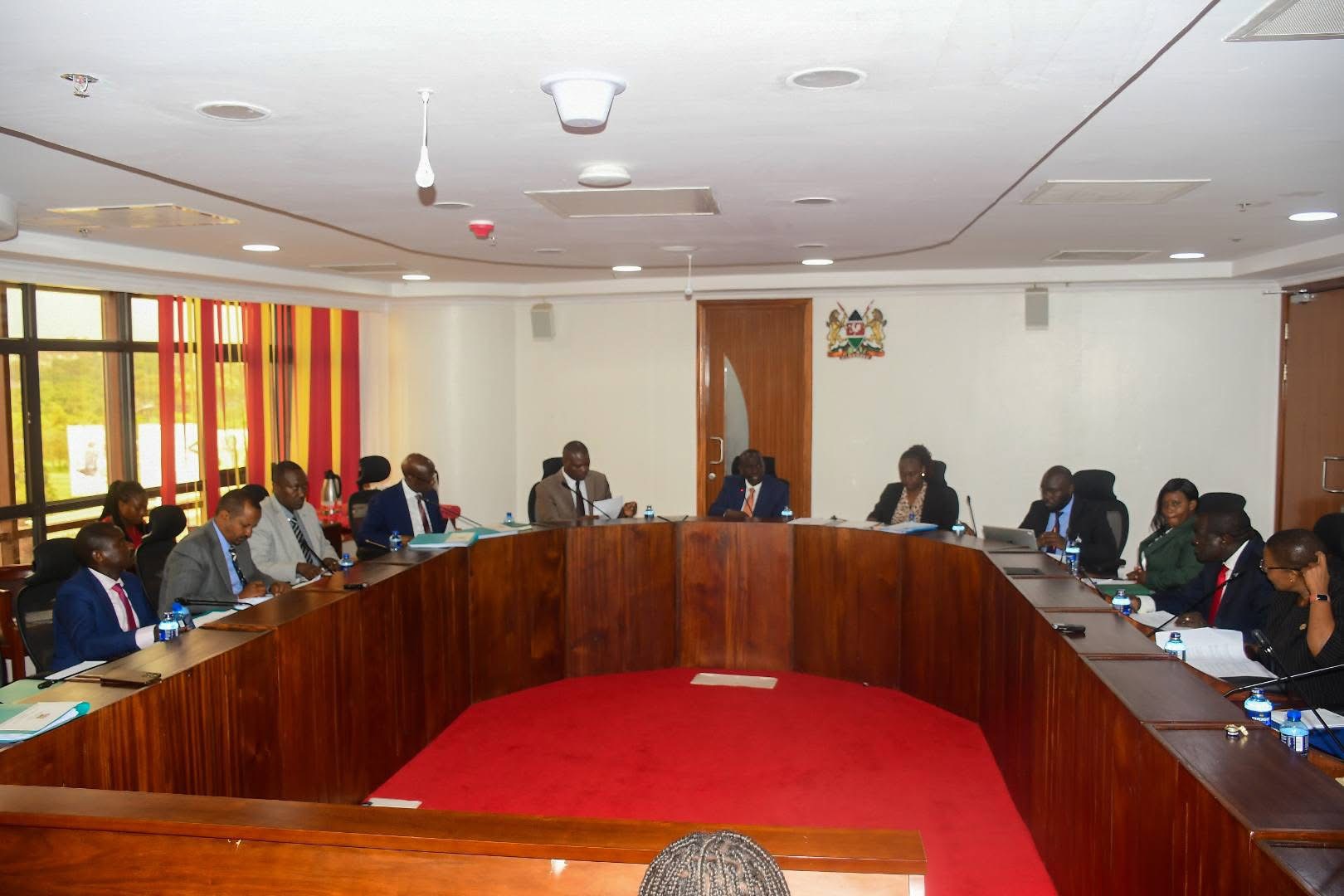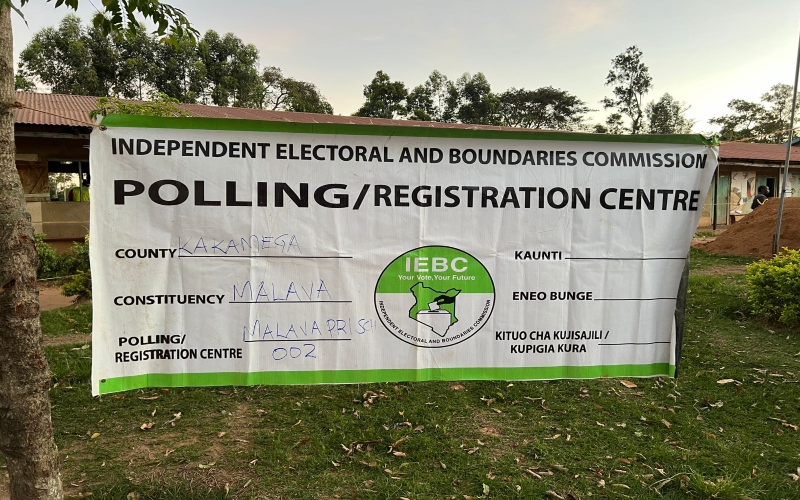MPs endorse new extradition rules with UAE, Italy and China

The treaty covers offences including, but not limited to, crimes against life, terrorism and other serious offences, while setting clear grounds for mandatory and optional refusal of extradition, including political motives, risks of inhumane treatment, or ongoing domestic proceedings.
The National Assembly’s Committee on Delegated Legislation has approved new extradition regulations with the United Arab Emirates, Italy and China to strengthen international cooperation in prosecuting and transferring offenders.
The Committee, chaired by Ainabkoi MP Samuel Chepkong’a, examined the Extradition (Contiguous and Foreign Countries) Orders for each country, with Attorney General Dorcas Oduor and Solicitor General Shadrack Mose in attendance.
More To Read
- Judiciary faces Sh576.6 million pending bills amid budget review
- Africa set for major tech leap as UAE commits Sh129 billion to AI expansion
- UAE, US top diplomats discuss Sudan ceasefire efforts
- Parliament pushes Public Participation Bill to streamline hearings
- New Bill seeks to end political patronage in diplomatic postings
- President Ruto to deliver State of the Nation address on November 20
The review sought to ensure the orders align with Kenyan law and international obligations.
Attorney General Oduor said the regulations establish clear procedures for requesting and processing extradition, including documentation, hearings and the conduct of extraditions.
“Each order outlines what constitutes extraditable offences and includes provisions on temporary surrender, extradition of nationals, and handling of evidence,” Oduor said.
Under the 2025 UAE Order, the bilateral treaty signed in December 2023 obliges both countries to extradite individuals wanted for criminal proceedings or serving custodial sentences.
It sets mandatory and optional grounds for refusal, covers provisional arrest, temporary surrender, and handling of seized items. The treaty also establishes rules for transit, costs, confidentiality, dispute resolution and conditions for re-extradition.
“The person extradited under this Agreement shall not be prosecuted or detained for offences other than the one for which extradition is granted, unless specific conditions are met, and the order also provides for re-extradition to a third party in limited circumstances,” the legal notice states.
Under the 2025 Italy Order, each country is obliged to extradite individuals found on its territory who are wanted for criminal proceedings or to serve custodial sentences of six months or more, provided the offence is punishable under the laws of both States.
The treaty covers offences including, but not limited to, crimes against life, terrorism and other serious offences, while setting clear grounds for mandatory and optional refusal of extradition, including political motives, risks of inhumane treatment, or ongoing domestic proceedings.
The order designates the Office of the Attorney General and Department of Justice in Kenya, and Italy’s Ministero della Giustizia, as central authorities to handle extradition requests and communication.
Procedures outlined include provisional arrests in urgent cases, surrender of items linked to offences, temporary or postponed surrender when necessary and measures to ensure the protection of fundamental rights of the person sought.
The treaty further specifies rules for the transit of extradited persons, the bearing of procedural costs and confidentiality of extradition-related information. It will remain in force for five years, automatically renewable for subsequent five-year periods, with either party able to terminate the treaty through six months’ written notice without affecting ongoing extradition cases.
Further, the 2025 China Order obliges both countries to extradite individuals wanted for prosecution or custodial sentences of six months or more. Under this legal treaty, the extradition is not affected by differences in classification or terminology of offences and includes provisions for tax, customs and foreign exchange crimes.
It sets mandatory and discretionary grounds for refusal, allows for refusal of nationals with domestic prosecution as an alternative, and covers provisional arrest, temporary surrender, re-extradition, property handover, transit and cost-sharing.
The treaty enters into force 30 days after completion of domestic procedures, can be amended by mutual consent and may be terminated with 180 days’ notice.
The Committee said it will compile a report on the three extradition orders, which will be presented to the National Assembly for debate and approval.
Top Stories Today
















































